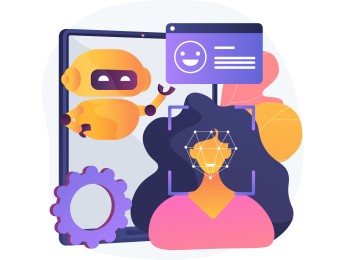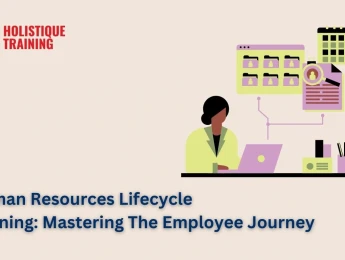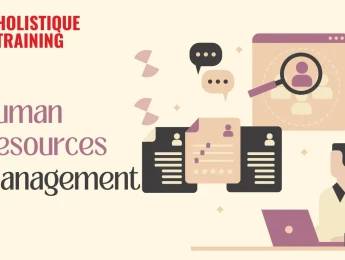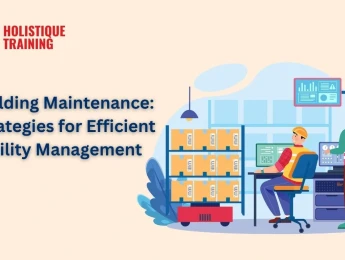HR plays a crucial role in any organisation. It is responsible for maintaining accurate employee records, tracking performance, and managing medical concerns. Effective record-keeping and database management are essential.
Previously, HR relied on cumbersome filing systems, but now, online databases streamline access to information. Cloud-based systems are favoured as they allow secure data access from any location, facilitating the management of both remote and on-site teams from a central point.
However, digital transformation can be complex. An effective employee management database must handle multiple datasets and automate tasks, such as identifying absence triggers and providing necessary performance management documents. It should also centralise all policies and procedures with up-to-date amendments. Upgrading HR systems is challenging but offers significant ongoing benefits.
Upon completion of this course, participants will be able to:
- Develop a foolproof storage system to house your secure documents.
- Create automated processes using a digital system.
- File away information for easy accessibility later.
- Investigate the best digital management systems for your organisation.
- Gain buy-in from stakeholders to transition to higher-quality systems.
- Learn best practices and investigate risk areas of the digital transition.
This course is designed for anyone within the HR field or involved with managing employees who would benefit from automated systems and advanced record keeping. It would be most beneficial for:
- HR Personnel
- Business Owners
- Operations Managers
- Administrators
- Team Leaders
- IT Professionals
- Data Analysts
This course uses a variety of adult learning styles to aid full understanding and comprehension. Participants will be presented with various data models to understand the information most useful to a business. They will create process maps to understand how cloud storage and automation can help reduce workload and increase productivity.
Participants will participate in group discussions to determine the best systems in their organisations and develop strategic implementation frameworks to understand how changes can be made.
Day 5 of each course is reserved for a Q&A session, which may occur off-site. For 10-day courses, this also applies to day 10
Section 1: Digital Human Resources Management
- What is human resources management?
- How does HRM benefit an organisation?
- The implementation and benefits of AI and machine learning.
- Developing a digital HR team.
- HRM and organisational performance.
- Remote working and the changes to HR.
- Ethical considerations of managing HR digitally.
Section 2: Where Are Your Knowledge & Performance Gaps?
- How does digital transition challenge your business?
- Risks to business practice and contingency plans.
- Your business needs to align with intelligent systems.
- Preparing a suitability matrix.
- Where does your business need to implement technology instead of a manual process?
Section 3: Identifying Data Sources & Collection.
- People data and process data.
- AI and digital road mapping.
- Big data and its relevance to HR.
- Different data sources and types and how to store them securely.
- Addressing business changes through data.
- Your strategic model.
- Ethical and legal considerations.
- Company communication.
Section 4: Implementation & Avoiding Challenges
- Demonstration of proposals.
- Gaining buy-in from stakeholders on your new digital platforms.
- Justifying the change,
- Handling resistance and promoting business benefits.
- Providing a positive process map and moving forward with gradual change.
Section 5: Supporting Your Digital Transformation
- How is the HR role affected by digital change?
- Communicating on a group and organisational level.
- Dealing with knowledge gaps with employees.
- Removing the fear of change.
- Fostering functional competency.
- Assess and implement changes and acknowledge reviews.
Upon successful completion of this training course, delegates will be awarded a Holistique Training Certificate of Completion. For those who attend and complete the online training course, a Holistique Training e-Certificate will be provided.
Holistique Training Certificates are accredited by the British Assessment Council (BAC) and The CPD Certification Service (CPD), and are certified under ISO 9001, ISO 21001, and ISO 29993 standards.
CPD credits for this course are granted by our Certificates and will be reflected on the Holistique Training Certificate of Completion. In accordance with the standards of The CPD Certification Service, one CPD credit is awarded per hour of course attendance. A maximum of 50 CPD credits can be claimed for any single course we currently offer.
- Course Code PH1-116
- Course Format Classroom, Online,
- Duration 5 days













